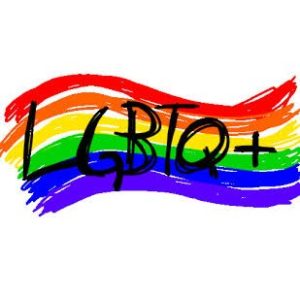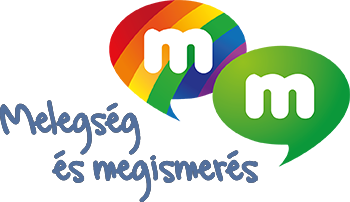English

The ‘Getting to Know LGBT People’ school program (in Hungarian: Melegség és Megismerés, MM) was launched by Labrisz Lesbian Association in November 2000. Our 45-90 minute sessions are held by two trained volunteers who are members of the LGBTQ community themselves.
In 2007 Labrisz Lesbian Association was joined by Szimpozion Association in managing the program, and the two Associations have been working together ever since.
Every year, we provide training to 10-20 new volunteers. Currently, our program involves around 30-40 volunteers who facilitate classes in schools. The training for these volunteers is held by professional trainers experienced in the field of education, each of them members of one of the two Associations.
We receive invitations to around 30 schools per year, where we are able to reach around 1000-1500 students and their teachers. Besides individual classes, our program is often invited to Human Rights Days and health education events in schools. The ‘Getting to Know LGBT People’ program is a participant and coordinator of the ‘Civic Courage’ program, which is organised by ten different civic organisations focusing on minority groups.
Since 2007 we have been invited to universities and colleges as well, especially by teacher training, social worker training and psychology departments. In recent years, our volunteers have also held sessions for the employees of various companies. Between 2013 and 2015, we received help from the Norwegian Civic Fund to improve our program and develop new training materials.
In the 2016/2017 school year, with the support of the Open Society Foundations, we have extended our program to train volunteers from LGBTQ organisations in the countryside as well. With the same support, in 2017/2018 we have published a new handbook for teachers, to help them handle typical situations in schools involving LGBTQ people. We have new plans for the next school year, too!
Frequently Asked Questions
The program helps combat misinformation and prejudice regarding LGBTQ people. Our volunteers are all members of the LGBTQ community, which means they each have personal experience and can provide honest and accurate insight on issues affecting this community.
Being a member of the LGBTQ community cannot be a private topic until LGBTQ people have the same rights as heterosexual people do. It cannot be a private topic until it is no longer accepted for LGBTQ people to be ridiculed, harassed, humiliated or even killed for deviating from the norm accepted by society.
Bullying, harassment, isolation, being rejected by their peers, verbal and physical humiliation, or even physical abuse.
Discussion about issues concerning LGBTQ people, and activities sensitizing students to LGBTQ issues. Our volunteers also show short movies, explain certain terms, share their personal stories, and answer questions from the audience.
If the students ask questions concerning sex, then yes. However, our volunteers will not go into personal details.
We assume that the parents trust the teachers and leadership of the school they have chosen, and they welcome the school teaching their children about human rights. We recommend inviting the program to parent-teacher meetings, so that we can help ease the worries of the parents as well.
Being gay is not a question of morality. A gay teacher is just as likely to be a bad influence as a heterosexual teacher is.
No. Being gay isn’t contagious, and it cannot be taught. We hope that our program will help both heterosexual and LGBTQ students understand the situation of LGBTQ people more, and be less prejudiced.
Human Rights events, homeroom classes, social studies, ethics, and also classes concerning humanity and mental health.
Since 2009, we have been invited to 225 schools. Most of these have been high schools in Budapest, but we have also been to universities, colleges, and even a few elementary schools. We have also held classes in Pécs, Debrecen, Miskolc, Kecskemét, Dunaújváros, Tata, Ócsa, Budaörs and Eger.
We generally get positive feedback. According to our audience, our volunteers are calm, humorous, open and honest.
Concerning educational institutions, we recommend the program for 14-24 year olds. However, since LGBTQ people are not only discriminated in a school environment, we are also open to holding sessions for adults.
Volunteers who have been trained by experienced trainers who are members of the LGBTQ community themselves.

